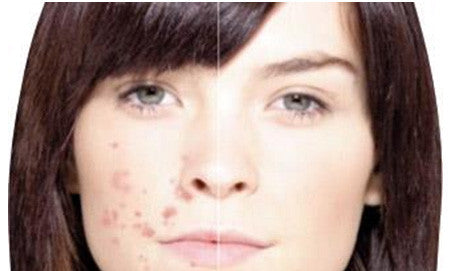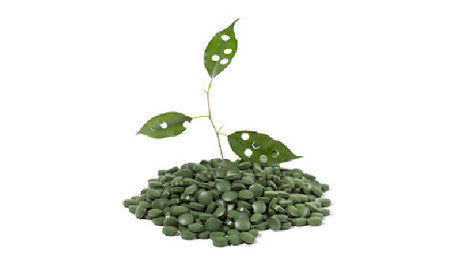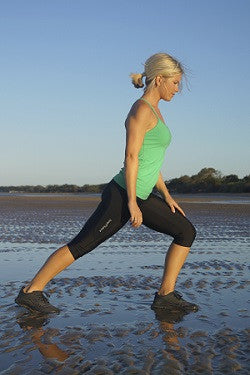Fourteen-year-old Jordan Watt was devastated when he developed severe acne around a year ago. Over-the-counter preparations did little to rid him of the painful spots covering his cheeks, chin and forehead.
Today, though, the Coventry teenager's skin is virtually clear, thanks to a blue-green algae found in tropical swamps.
Mixed as powder into moisturiser to make a face mask, the pond-life, called spirulina, was applied to his skin twice a week for two months. He also took the algae daily, as tablets.
His mother Trish says: 'Even though he'd only had acne for a year, scars began forming on his skin and he was getting upset. We tried everything but nothing seemed to work. It came to the point where he would do just about anything to get rid of the spots.' Trish found out about the unusual remedy after it was recommended by a friend. 'You make the mask by mixing the algae powder with ordinary moisturiser - we used cold cream,' she says.
'The mask is bright green to start with and you have to add enough moisturiser until it goes darker: a frog-like colour. Jordan would keep the mask on for 20 minutes and then rinse it off with tepid water.' At first, nothing seemed to happen. But after four weeks, Jordan's complexion had cleared dramatically. 'The result was brilliant - it didn't take long before I had forgotten that he was ever so badly marked by acne,' says Trish.
The type of algae used in the face mask is found in tropical swamps. It was used centuries ago by the Aztecs and Mayas for ailments ranging from digestive disorders to illnesses associated with a weakened immune system.
Health shops have sold it as a food supplement for some time and it is especially popular as a drink. But the 'dual' system of taking the algae as a pill and rubbing it on the skin appears to be particularly effective for skin problems ranging from acne to psoriasis and eczema.
Spirulina is thought to work by supplying the skin with a rich source of protein and accelerating the removal of toxins just beneath the skin surface.
Acne is believed to be caused by a hormonal imbalance but is exacerbated by the build-up of everyday toxins in our system.
Spirulina has a calming, anti-inflammatory and balancing effect on the tissues and capillaries, which can become inflamed and infected in people with acne. The algae also provides skin cells with the nourishment they need to eliminate the toxins.
Frank Van Dyke, spokesman for the Dutch manufacturer, Marcus Rohrer, says: 'Spirulina is thought to help the skin because it contains all eight essential and nine non-essential amino acids. All these have some sort of therapeutic effect.
'Other substances in the algae such as chlorophyll also help. It purifies the body of waste matter and strengthens tissues.
'In addition, substances in the algae such as beta carotene have been known for years to alleviate skin complaints such as acne and psoriasis.'
Mr Van Dyke says that - as Jordan discovered - spirulina works most effectively when taken internally as well as topically. 'Most people who have had good results with tablets and the face mask and then gone on to use the mask or tablets only, have found that their spots return,' he says.
Scientific research on the potential therapeutic value of spirulina is still in a preliminary stage. Yet anecdotal evidence has been excellent and formal clinical trials may begin later this year.
Source: http://www.dailymail.co.uk/health/article-562/Algae-help-acne-sufferers.html#ixzz25TndgbWA



